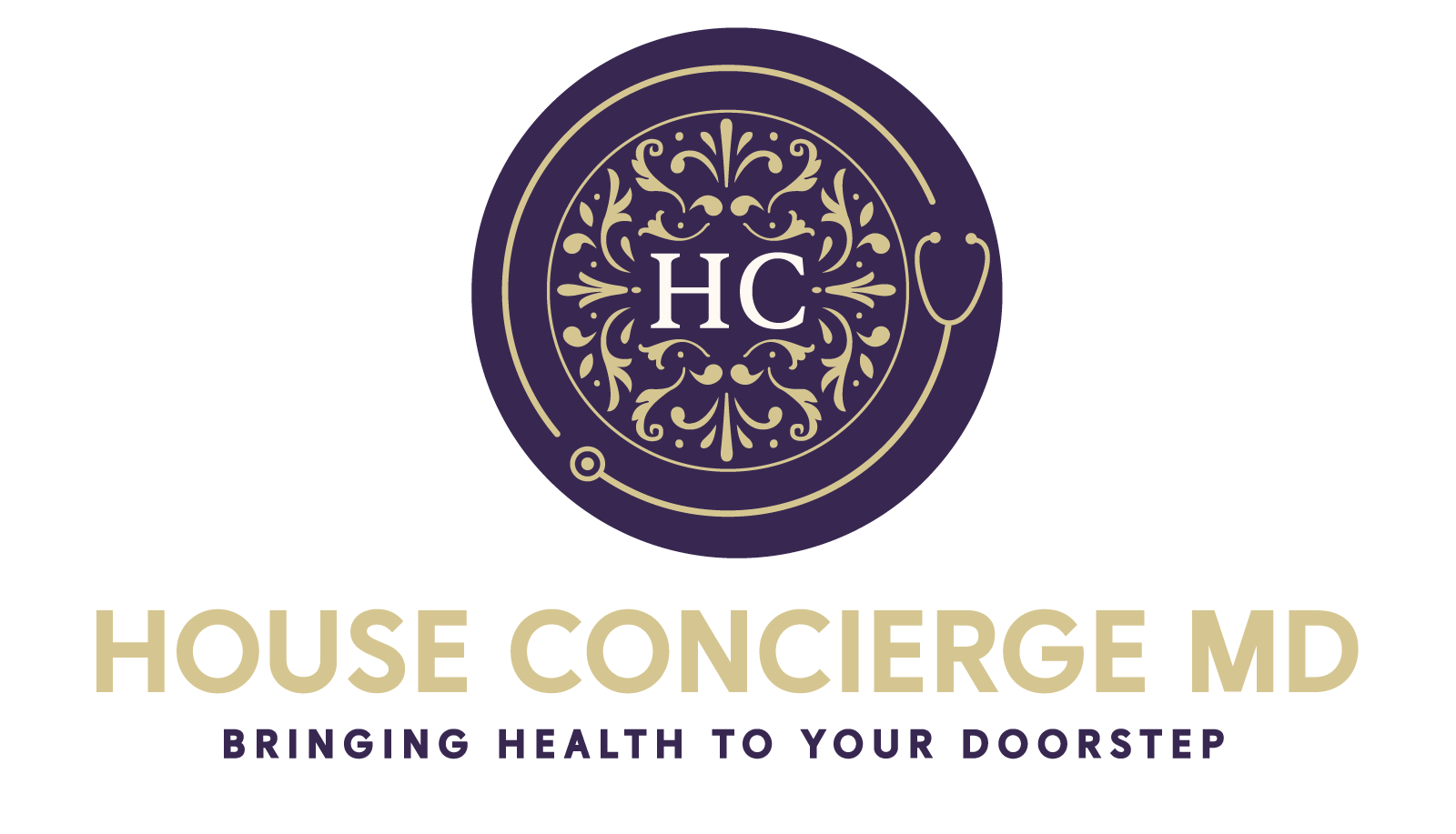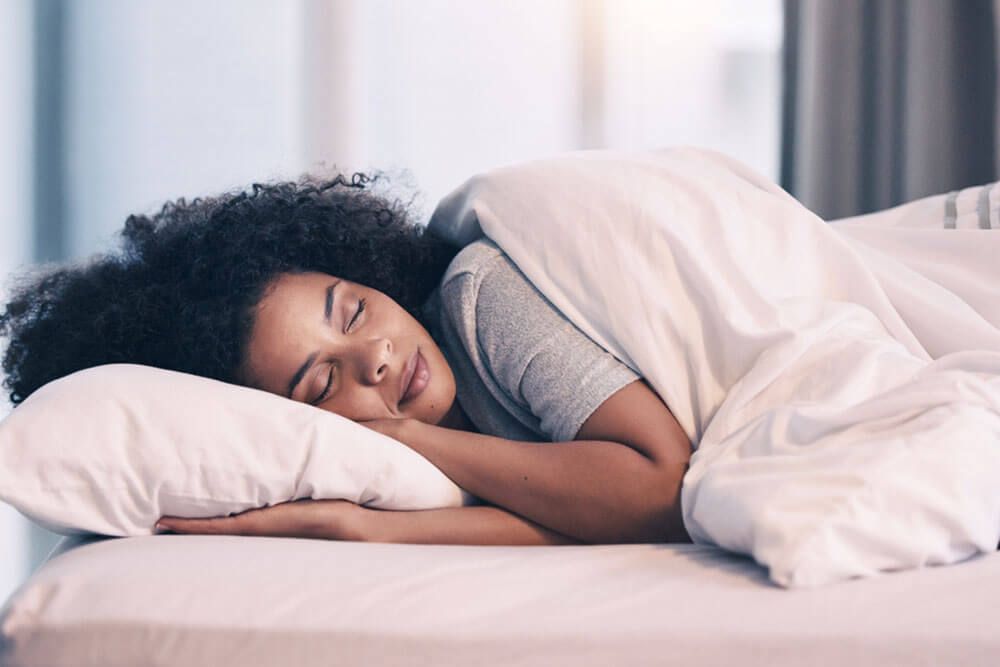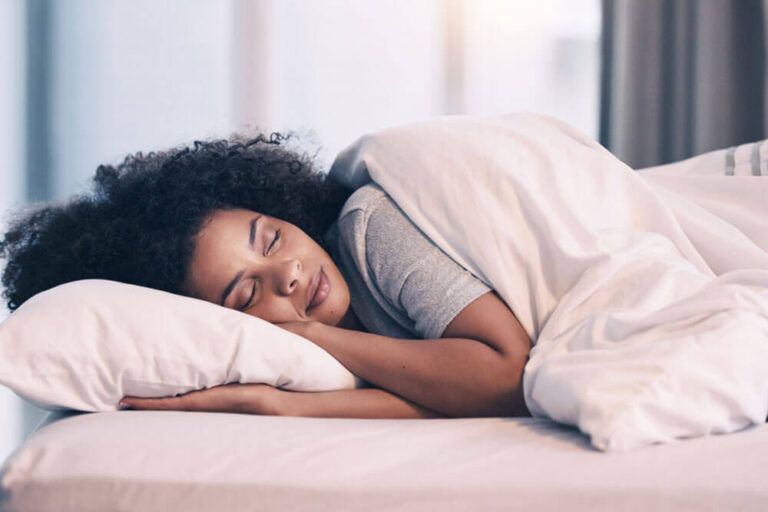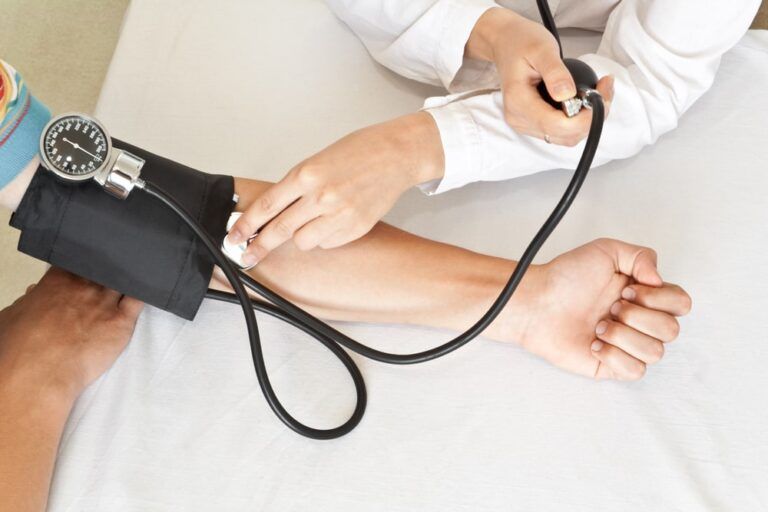Sleep apnea is a disorder that disrupts normal breathing patterns during sleep. It is characterized by pauses in breathing, gasping for air, or snoring, which may be so loud that it affects the sleep quality of bed partners. Having sleep apnea can put a strain on relationships, cause daytime fatigue, and be associated with secondary conditions like depression or hypertension. There are three types of sleep apnea – obstructive, central, and mixed sleep apnea. Obstructive sleep apnea (OSA) is the the most common and involves the repeated collapse of the upper airway during sleep.
According to the American Academy Sleep Medicine1
- OSA can occur in any ager group, but prevalence increases between middle and older age
- OSA with resulting daytime sleepiness occurs in at least four percent of men and two percent of women
- About 24 percent of men and nine percent of women have the breathing symptoms of OSA with or without daytime sleepiness.
- About 80 percent to 90 percent of adults with OSA remain undiagnosed
- OSA occurs in about two percent of children and is most common at preschool ages
Frequently Asked Questions
Do I need treatment for sleep apnea?
You may need to see a doctor if you or your partner have been awakened by your chronic snoring and/or gasping for air. Though this condition can be very dangerous, your doctor can help you discover ways of managing sleep apnea and protecting healthy breathing during sleep.
How will my doctor screen for sleep apnea?
Your doctor’s first goal will be to determine whether your snoring is benign or a symptom of sleep apnea. This may be determined by speaking with you and your partner about your symptoms. If you do not have a partner who can confirm snoring or breathing interruptions, your doctor may request a sleep study.
What types of treatments are available for people with sleep apnea?
There are many ways of treating the symptoms of sleep apnea. This may include conservative approaches, such as a new sleeping position or the use of an oral appliance. If your apnea symptoms are severe or conservative treatments are not working, you may be prescribed a continuous positive airway pressure device (CPAP) to open the airway. In severe cases, surgery may be necessary. Keep in mind that a diagnosis of sleep apnea is not always permanent. Many patients find that losing weight can be an effective way of opening the airway during sleep.
Sources: American Academy of Sleep Medicine









